Rachel Reeves, please, let’s make budgets boring again | Heather Stewart
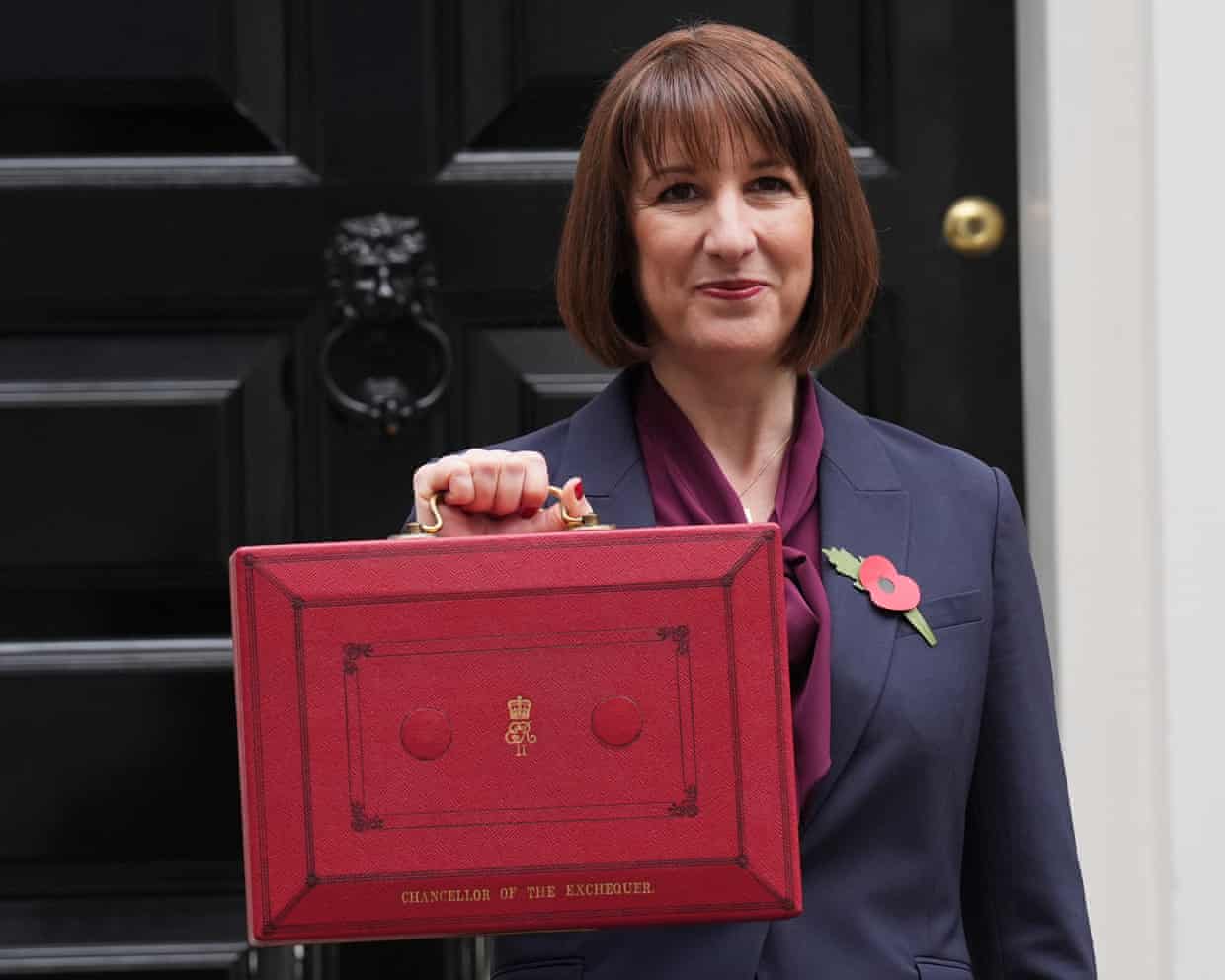
Rachel Reeves should put us all out of our misery this Wednesday with a tax-and-spend statement bold enough to make future budgets boring again.Ask any economist or policy wonk and they’ll tell you the buildup to this year’s budget has been among the most drawn-out and chaotic they can remember.Treasury insiders are adamant they have maintained the same “Labour values” throughout and that Reeves first scribbled down her top three priorities – the NHS, the cost of living and the public debt – as long ago as July.But the combination of volatile bond markets, pass-or-fail fiscal rules, and Reeves’s decision to leave herself with less than £10bn of headroom against them, has led to months of uncertainty and indecision.It is not meant to be like this: aside from the agenda-setting first budget that follows a general election victory, and outside economic crises, (though goodness knows we have had plenty) budgets should be reassuringly dull.
Chancellors whose principles are clearly understood by the public and the markets, ideally keep a steady hand on the tiller of tax and spend policy.A memorable budget tends to be a bad budget: Gordon Brown’s too-clever-by-half abolition of the 10p starting rate of income tax in 2008; George Osborne’s “omnishambles” in 2012; Anthony Barber’s “dash for growth” in 1971, subsequently blamed for uncorking an unsustainable boom.Reeves had not intended to be an exciting chancellor.Indeed, she and Keir Starmer hoped that by being the cautious and sensible successors to the five-leaders-in a-decade Tories, they would reap economic benefits.Investors glad to see the back of Conservative chaos would return to the UK; a more stable relationship with the EU would help to reduce trade barriers; growth would follow.
But the hoped-for stability has not materialised.Part of the explanation is the shaky global backdrop.But the problem also lies in the miasma of gloom and uncertainty that has surrounded an administration often unable to give a clear account of itself, even to its own MPs.Reeves needs to do at least three things on Wednesday to cut through the fog, and buy herself the time and space to deliver another, much less exciting budget in a year’s time.First, she should be brave enough to increase her headroom significantly.
Markets appear to be expecting a doubling, to £20bn,There are trade-offs here, as the chancellor has repeatedly made clear,Stonking tax rises threaten economic growth, which is already anaemic,But she needs to give herself enough room for manoeuvre to avoid every spit and cough of economic data fuelling a market reappraisal of whether she can meet her rules,Executed with force and clarity, this approach could pay dividends in lower government borrowing costs.
It should also make space for the Bank of England to deliver much-needed rate cuts.Second, Reeves seems to be minded to downgrade the status of the OBR’s spring forecast, so that its chair, Richard Hughes, and his number crunchers will opine on the state of the economy, but not mark her against her fiscal targets.This change, recommended by the International Monetary Fund, seems sensible: the UK is an outlier in having what have in effect become two big fiscal events a year.It was the evaporation of Reeves’s headroom in the OBR’s March forecast that prompted the botched welfare reforms in the spring.The less drama is provoked by the OBR’s next set of forecasts, the better.
Sign up to Business TodayGet set for the working day – we'll point you to all the business news and analysis you need every morningafter newsletter promotionThird, and perhaps most challengingly, Reeves needs to set a clear and compelling direction of travel.How is it that Labour intends to “change” the UK, as its manifesto pledged? And how can the costs of that transformation be met fairly?The “one and done” framing of last year’s budget, with Reeves telling the CBI she would not have to come back for more after raising taxes by a historic £40bn, left few clues as to how she would handle this year’s main roadblock, of the OBR revisiting its productivity forecasts (something Labour wonks always knew was a possibility, incidentally).When Labour came to power, she didn’t kick off a review into how to tax wealth better, or to reform the crazily regressive council tax, or to look again at the pensions triple lock – offering clues to her principles.Instead, the straitjacket of the manifesto tax promises resulted in the £25bn employer national insurance contributions increase that many observers, including at the Bank of England, believe has put the brakes on hiring and boosted inflation.Some of her clearest language in last year’s budget was reserved for the idea of freezing income tax thresholds, which would, she said, “hurt working people”.
She is now expected to do exactly that on Wednesday.Raising income tax, in clear contravention of the manifesto promises, was an alternative way through this week’s budget – as part of a “go big” package, that would have jacked up Reeves’s headroom significantly.The argument, tested by the chancellor in her “scene setter speech”, would have been that “if we are to build the future of Britain together, we will all have to contribute to that effort”.If, as expected, she has reverted to a pick ’n’ mix of tax changes, she will need a different argument to tie them together.They may well, in fact, all be progressive – hitting higher earners and the wealthy harder – but she will need to say that loud and clear to make the budget feel coherent.
Everyone – from the bond vigilantes who could sink the budget, to fed up voters at home – would benefit from a much clearer sense of this Labour chancellor’s principles and purpose,That would make next year’s budget reassuringly boring – if she is still around to deliver it,

Dangerous shortage of medics threatens safe patient care in England, top GP says
GPs can no longer guarantee safe care for millions of patients because of a dangerous shortage of medics, Britain’s top family doctor has said.Prof Kamila Hawthorne, the chair of the Royal College of GPs (RCGP), said surgeries were desperate to hire more doctors to meet soaring demand for care but could not afford to do so because of a lack of core funding.Exhausted family doctors have been working “completely unsafe hours” because their surgeries did not have the cash to recruit new staff or replace those quitting, increasing the risk of serious errors or deadly conditions being missed, she said.“GPs will always push themselves to do what’s best for our patients, but we can’t go on like this,” Hawthorne said. “GP workload pressures are so pronounced that many of our members are telling us they are worried they can’t guarantee safe care when there aren’t enough GPs to keep up
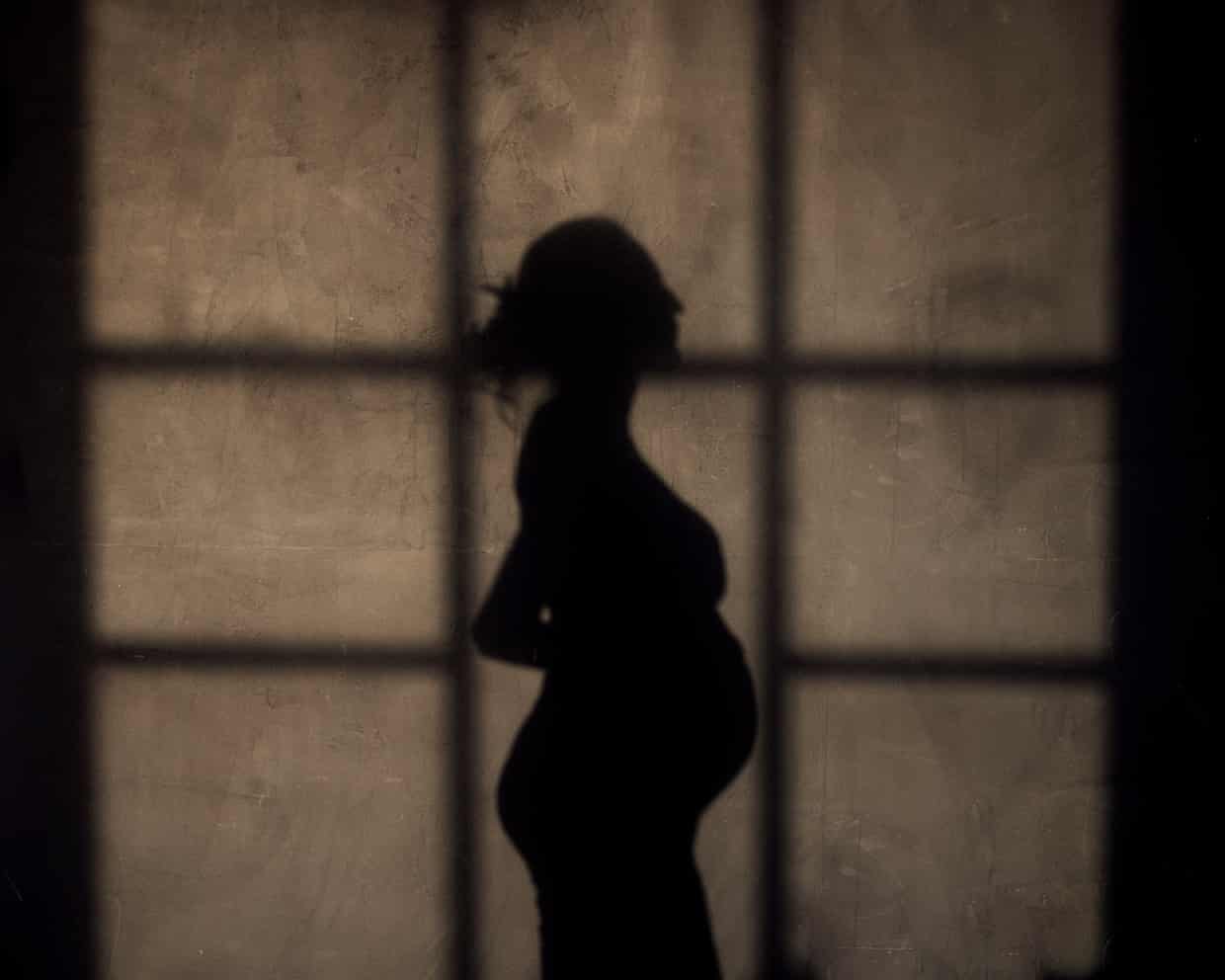
Coroners’ prevention of future deaths reports should be legally enforced | Letters
Thank you for your article on how coroners’ prevention of future deaths (PFD) reports are being routinely ignored (Coroners’ advice on maternal deaths in England and Wales routinely ignored, study finds, 19 November).Experience has shown us that a coroner’s PFD report is issued in response to serious systemic failings and a trust’s inaction to prevent future tragedies. Tolerating poor care and refusing to learn seem to be shared features of health scandals, including the treatment of people with learning disabilities, such as our own beloved daughter, Juliet Saunders, who died aged 25.She died because the local hospital made a misdiagnosis and discharged her unsafely. The harrowing experience of the inquest was softened for us by the coroner seeing that Juliet was dearly loved and happy

Why thousands of NHS GPs are cutting their hours despite plan to increase access to doctors
Much of the health secretary’s plans to reinvent the NHS hinge on moving services from bed-blocked, overstretched hospitals to “neighbourhood health centres” where possible, and to general practice.However, while Wes Streeting hopes to make it easier for patients to see their doctor, thousands of GPs have been dramatically cutting back their surgery hours in recent years.Just one in 13 early career GPs now work full-time, according to NHS figures.A Guardian analysis of official data found that the typical GP works five hours a week less than they did in 2017. The number working full-time in England has fallen by a third

We know ultra-processed foods are bad for you – but can you spot them? Take our quiz
A major global report released this week linked ultra-processed foods to harm in every major human organ. For people in the US, the UK and Australia, these foods make up more than half the calories they consume each day.But it’s not always easy to tell which foods are ultra-processed.The term was coined in 2009 by researchers at the University of São Paulo, as part of their Nova food classification system that sorts foods into four groups:Group one: unprocessed or minimally processed foods including whole fruits and vegetables, milk, oats and rice.Group two: processed basic ingredients used in cooking including salt, sugar and vegetable oils

How could Reeves hit gambling firms – and are they fearmongering over impact?
Gambling companies don’t lose very often but nor are they usually playing a game of poker against the chancellor of the exchequer.At next week’s budget, Rachel Reeves is widely expected to announce an increase in the duties that bookies and casinos pay to the Treasury, ending months of speculation and frenzied lobbying designed to sway the government.The tax rise could cost the industry anything between about £1bn and £3bn, depending on how far Reeves turns the screw.To some, that would be fair recompense for an out-of-control industry grown fat on misery. To others, it would be an anti-growth tax that will backfire, costing thousands of jobs and fuelling the illicit market
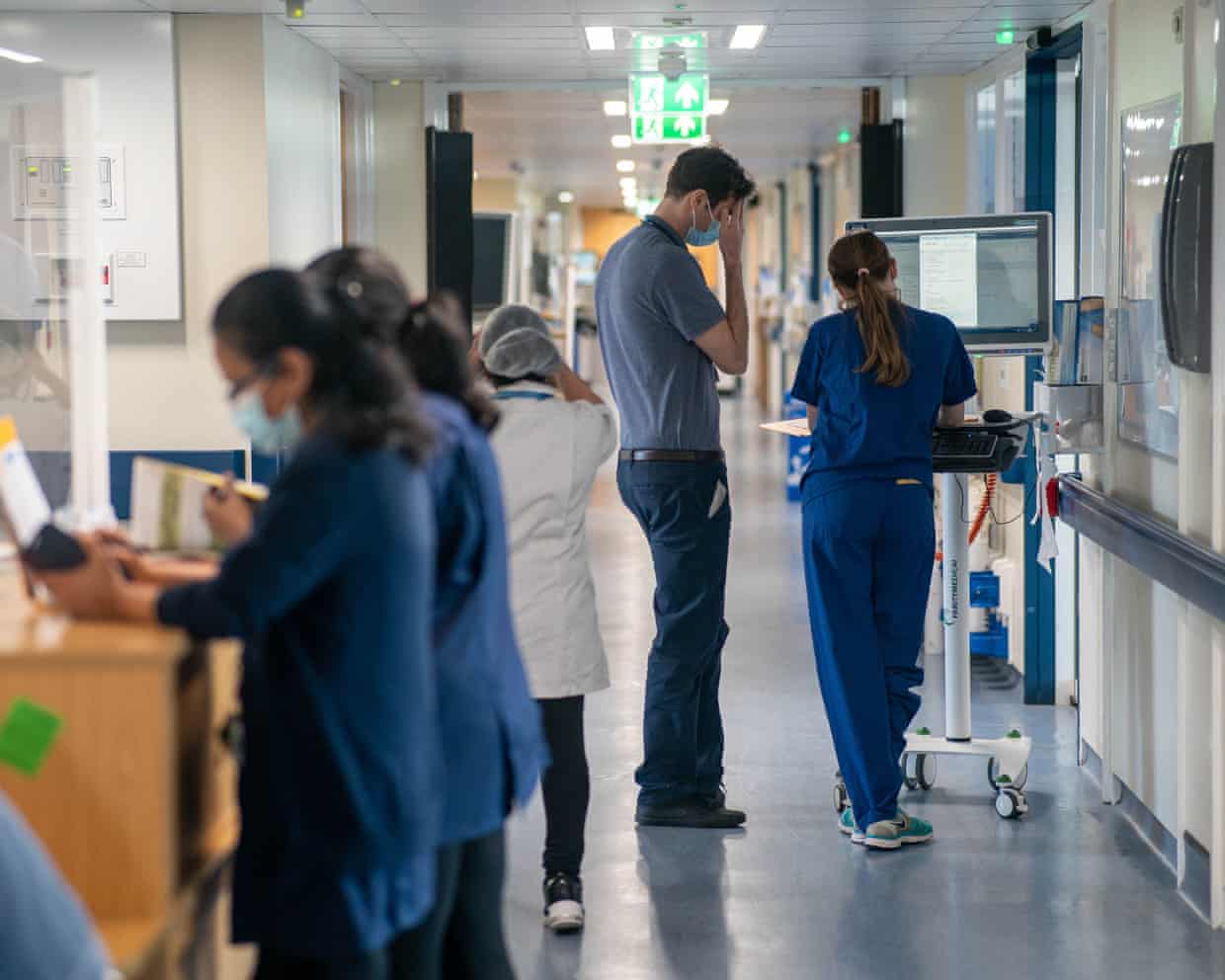
Overseas-trained doctors leaving the UK in record numbers
Record numbers of overseas-trained doctors are quitting the UK, leaving the NHS at risk of huge gaps in its workforce, with hostility towards migrants blamed for the exodus.In all, 4,880 doctors who qualified in another country left the UK during 2024 – a rise of 26% on the 3,869 who did so the year before – figures from the General Medical Council reveal.NHS leaders, senior doctors and the GMC warned that the increased denigration of and abuse directed at migrants in the UK was a significant reason for the rise in foreign medics leaving.“It’s really worrying that so many highly skilled and highly valued international doctors the NHS just can’t afford to lose are leaving in their droves,” said Daniel Elkeles, the chief executive of the hospitals group NHS Providers.“We wouldn’t have an NHS if we hadn’t for many years recruited talented and valued people from all around the world
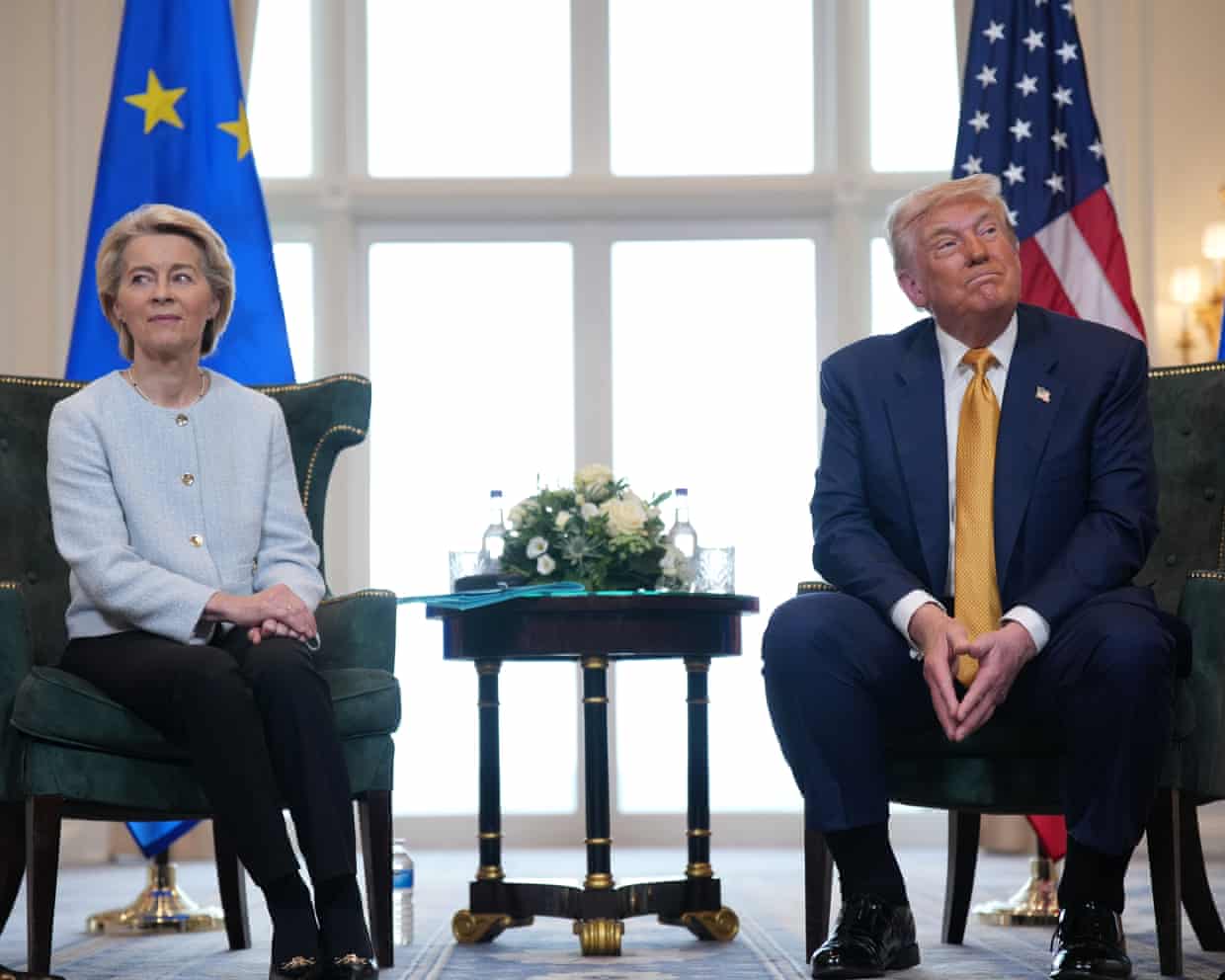
EU and US to restart trade talks as sticking points on July tariff deal remain

Labour must back delivery drivers sacked by DPD, former cabinet minister says
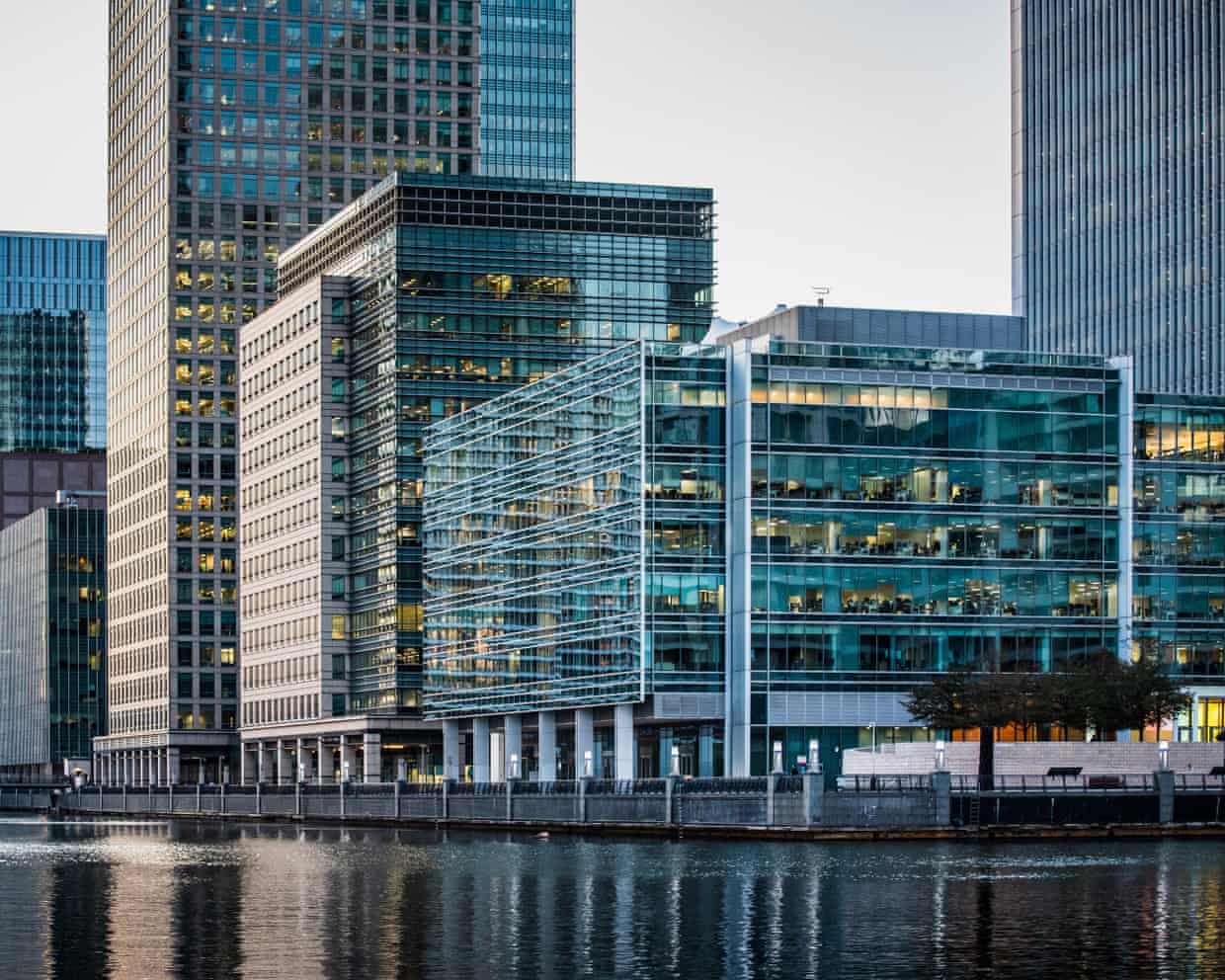
Leading law firm cuts London back-office staff as it embraces AI

Elon Musk’s Grok AI tells users he is fitter than LeBron James and smarter than Leonardo da Vinci

Red Bull’s Max Verstappen wins Las Vegas Grand Prix – as it happened
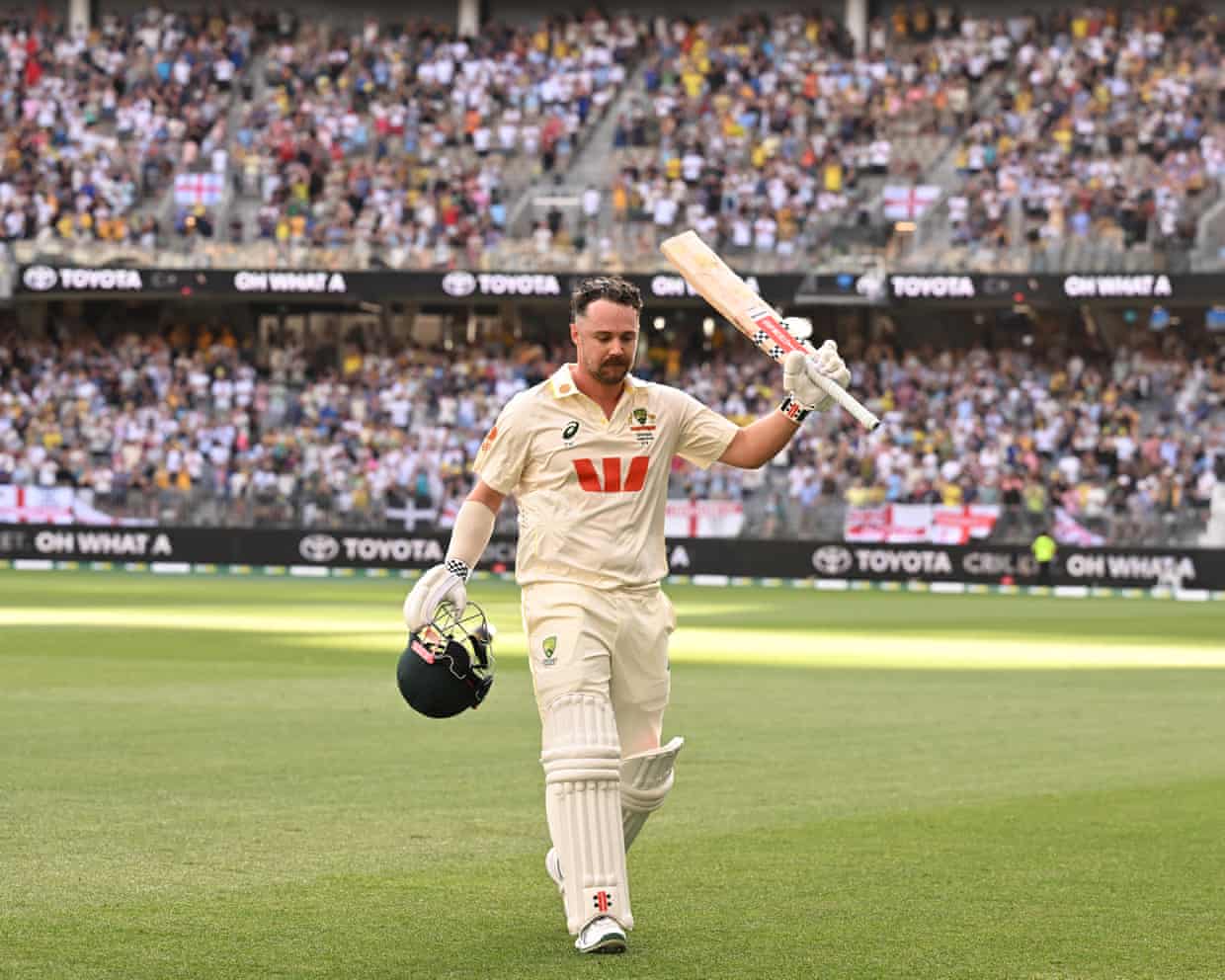
Two-day Test could cost Cricket Australia millions in lost revenue after Travis Head brings swift end